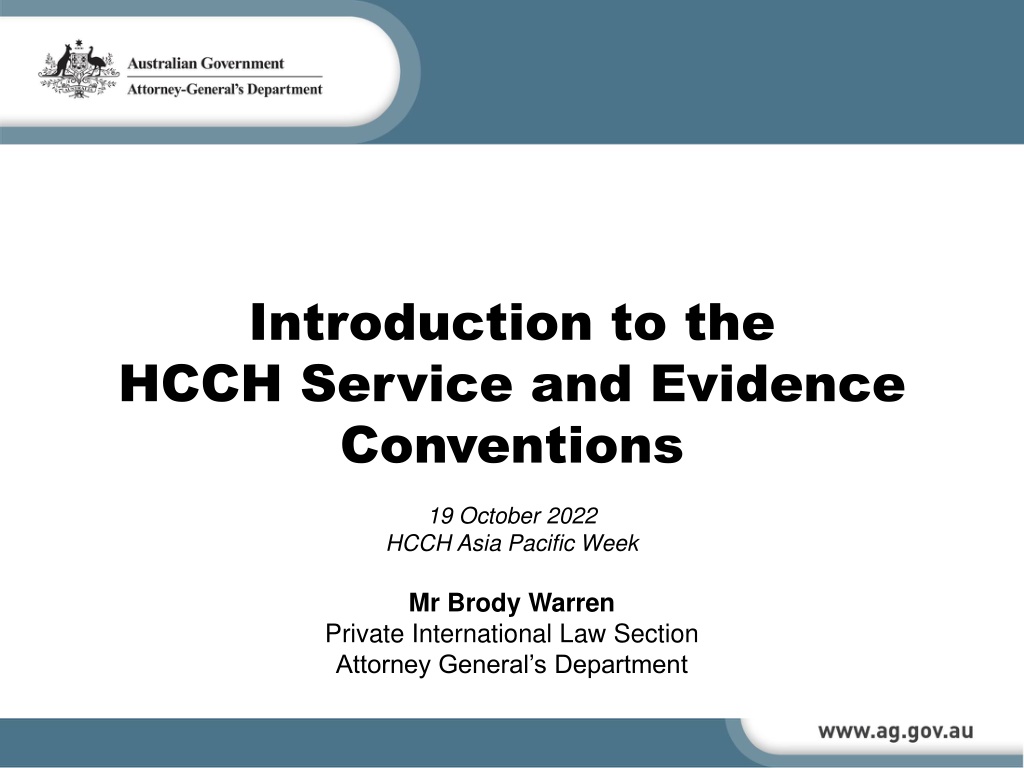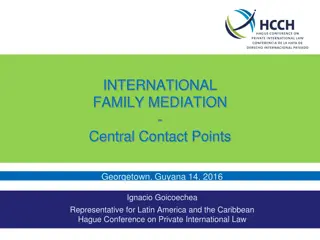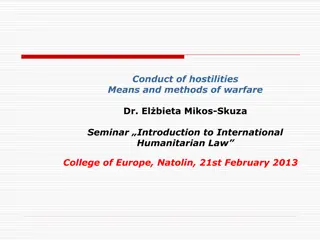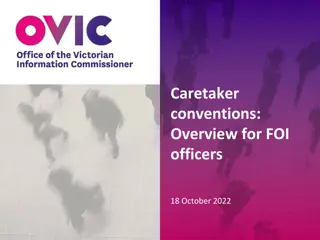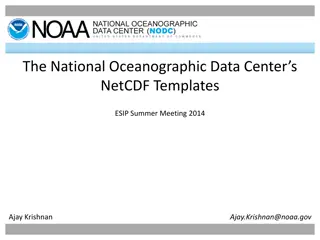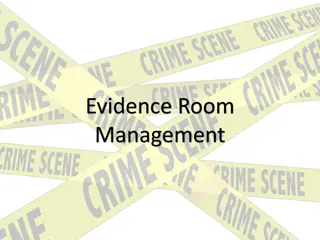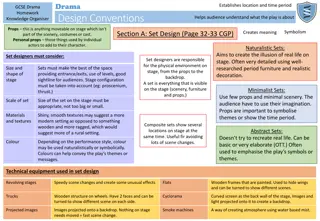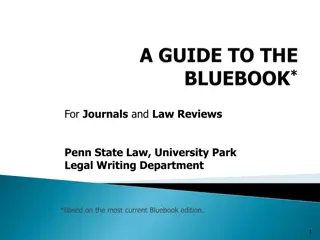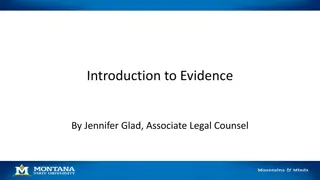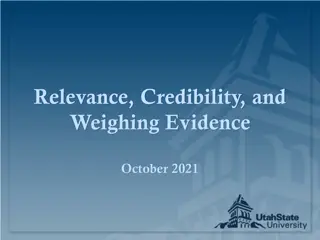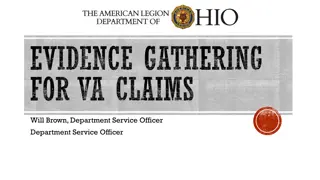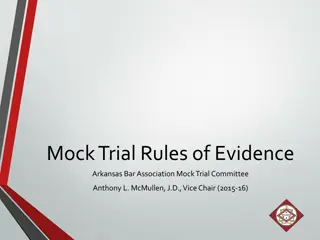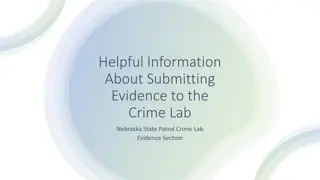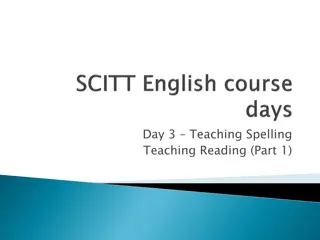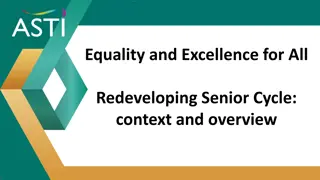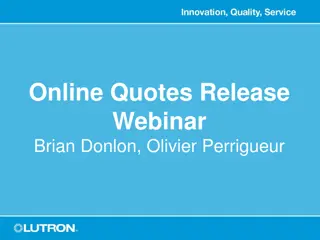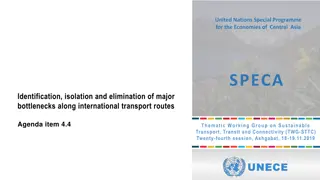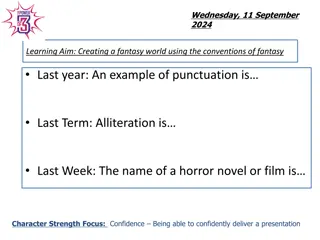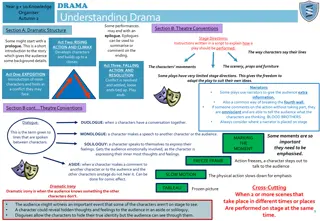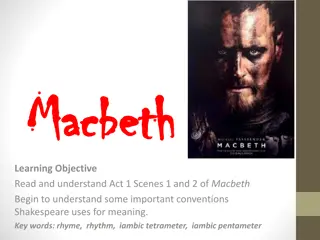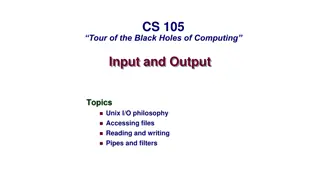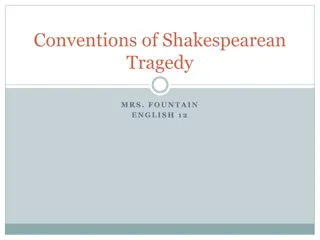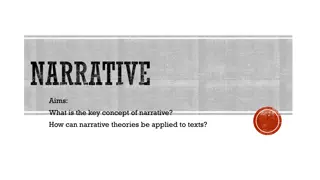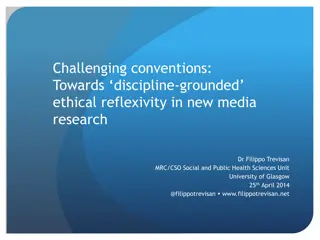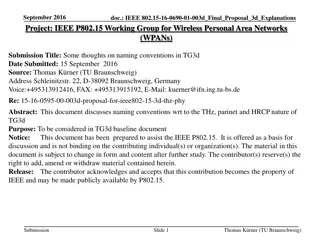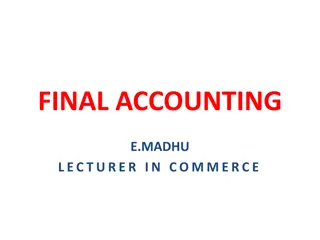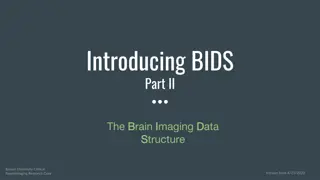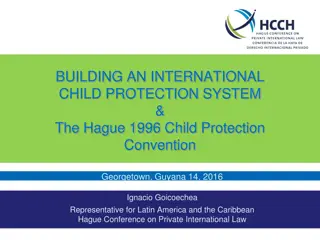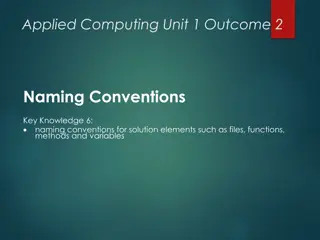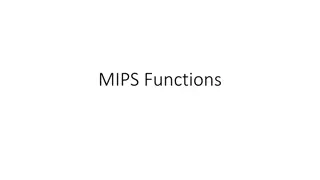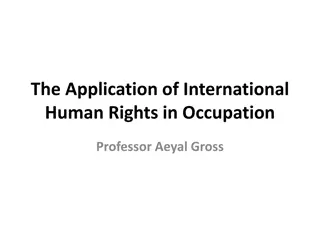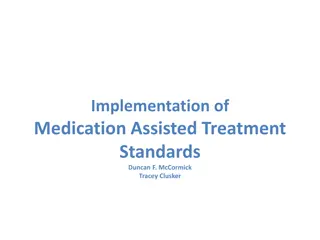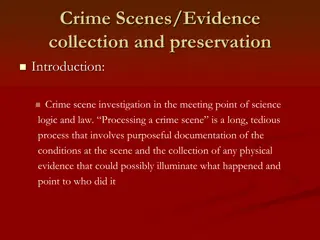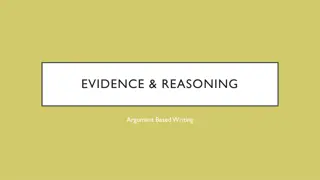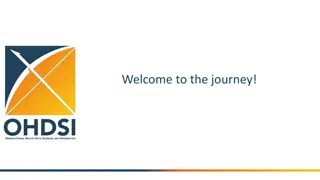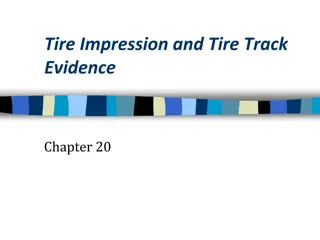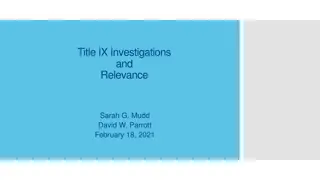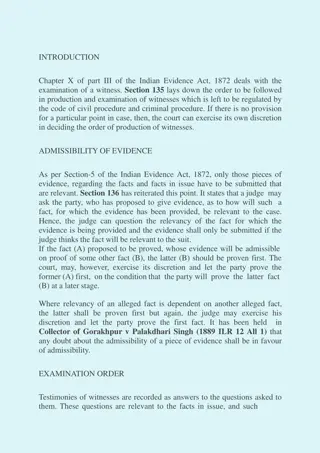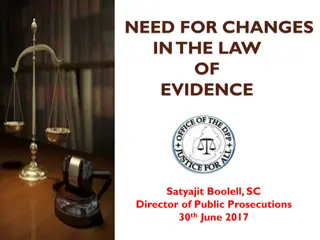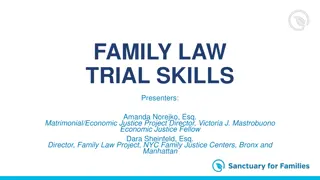Overview of HCCH Service and Evidence Conventions
HCCH Service and Evidence Conventions aim to simplify international procedures for document service and evidence taking, overcoming legal system differences, enhancing judicial cooperation, and providing benefits through a global network, legal certainty, and the use of technology. The HCCH 1965 Service Convention and its Contracting Parties are discussed in detail.
Download Presentation

Please find below an Image/Link to download the presentation.
The content on the website is provided AS IS for your information and personal use only. It may not be sold, licensed, or shared on other websites without obtaining consent from the author. Download presentation by click this link. If you encounter any issues during the download, it is possible that the publisher has removed the file from their server.
E N D
Presentation Transcript
Introduction to the HCCH Service and Evidence Conventions 19 October 2022 HCCH Asia Pacific Week Mr Brody Warren Private International Law Section Attorney General s Department
Purpose Both the Service and Evidence Conventions seek to: Simplify and expedite the procedures for the service of documents and taking of evidence abroad. Provide a means to overcome differences between legal systems with respect to service and evidence, while respecting diversity of substantive laws and procedures. Facilitate international judicial cooperation and improve the provision of mutual legal assistance.
Benefits and Advantages Global Network A single accession replaces multiple bilateral agreements Streamlining procedures Savingtime and resources, including alleviating pressure on consular officials) Legal Certainty and Predictability Established practical regime of uniform standards among Parties Regular review of practical operation By Contracting Parties (incl. through Special Commission meetings), supported by the HCCH Permanent Bureau
Use of Technology Executing a request by electronic means Transmitting a request by electronic means (as provided for by the Convention) (as provided for by domestic law)
HCCH 1965 Service Convention Convention of 15 November 1965 on the Service Abroad of Judicial and Extrajudicial Documents in Civil or Commercial Matters
79 Contracting Parties Georgia Philippines (A) 4 March 2020 Marshall Islands (A) 29 July 2021 Austria (A) 31 May 2021 (R) 14 July 2020
Service: Scope 1 Transmission of a document for service from one Contracting Party to another 2 3 4 Judicial or extra-judicial in nature Relating to a civil or commercial matter Address of the person to be served must be known
Service: Operation I Main Channel (Art. 5) Central Authority | Model Form | Certificate of Service II III Alternative Channels (Arts 8, 9, 10*) Diplomatic/consular channels | Postal channels | Direct communication Derogatory Channels Bilateral and multilateral agreements
Main Channel (Art. 5) REQUESTING STATE Request to serve documents Forwarding Authority Model Form REQUESTED STATE Service effected Central Authority Certificate of service
Alternative & Derogatory Channels Alternative Channels Derogatory Channels Diplomatic / consular channels (Art. 8 and 9) Allows Contracting States to agree on other channels of transmission (Art. 19) Postal channel (Art. 10 (a)) Does not affect permitting other (more favourable) methods for incoming documents (Art. 20) Direct communication (Art. 10 (b) and (c)) A Contracting State may object to the use of any one of these alternative channels Gives priority to other treaties on service abroad (Art. 25)
HCCH 1970 Evidence Convention Convention of 18 March 1970 on the Taking of Evidence Abroad in Civil or Commercial Matters
64 Contracting Parties Georgia Viet Nam (A) 4 March 2020 (A) 31 May 2021
Evidence: Operation I Chapter I Letter of Request | Central Authority II III Chapter II Diplomatic officers | Consular agents| Commissioners Derogatory Channels Less restrictive conditions | Bilateral and multilateral agreements
Chapter I: Letters of Request REQUESTING STATE Letter of Request Judicial Authority REQUESTED STATE Taking evidence Central Authority
Chapter I: Application Civil or commercial matters (Art 1(1)) Evidence or other judicial act (Art. 1(1)) Judicial proceedings, commenced or contemplated (Art. 1(2)) Compulsion (Art. 10) Pre-trial discovery of documents (Art. 23)*
Chapter I: Execution Internal law of the Requested State (Art. 9(1)) Special method or procedure must be followed, unless incompatible or impossible (Art. 9(2)) Presence of parties / representatives (Art. 7) Presence of judicial personnel of requesting authority subject to declaration (Art. 8) Grounds of refusal: outside functions / sovereignty or security (Art. 12)
Chapter II: Consuls/Commissioners Request for taking of evidence abroad STATE OF ORIGIN Court of Origin STATE OF EXECUTION Commissioner appointed by the Court of Origin By a Commissioner Permission of State of Execution may be required Taking evidence By a Consul Consul accredited to State of Execution
Chapter II: Application Civil or commercial matters (Arts 15, 17) all kinds of evidence (Art. 21(a)) Proceedings commenced in a court (Arts 15, 16, 17) Apply for assistance by compulsion (Art. 18)
Derogatory channels Agree on other channels of transmission (Art. 27(a)) Internal law or practice may permit: Performance on less restrictive conditions (Art. 27(b) Other methods of taking evidence (Art. 27(c)) Application of bilateral or regional treaties (Art. 32)
Service and Evidence Requests in Australia Private International and Commercial Law Section (PICL)
Casework Processing Service and evidence requests arrive in hard copy from an international authority. Online register used to record details of the matter, before forwarding the request and associated documents onto the relevant state or territory jurisdiction. Progress and finalisation of requests is significantly driven by the processes of states and territories, particularly given that service has to be effected in person and with a hard copy.
Casework Numbers During 2021-2022, PICL received 512 service and evidence requests in private international law matters. During the same period, PICL finalised 148 requests. Of the remaining 364 requests, 269 are pending and 95 were returned to the requesting authority for non- compliance with requirements under the relevant HCCH Convention or bilateral treaty.
Thank you Mr Brody Warren Private International Law Section Attorney General s Department
